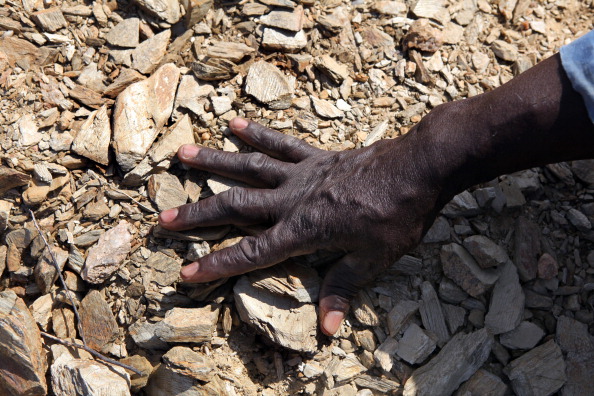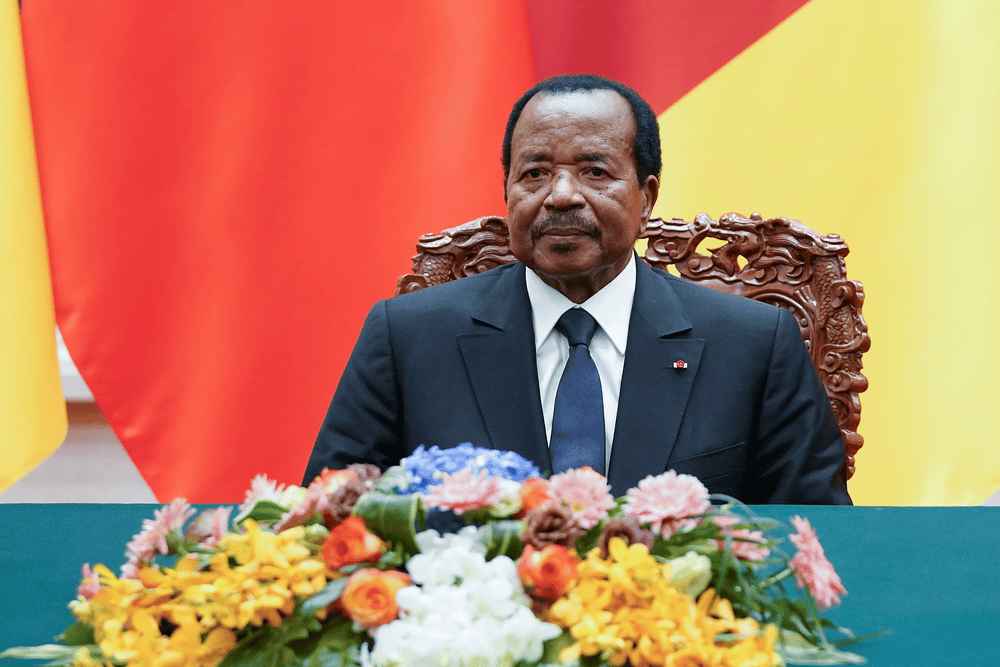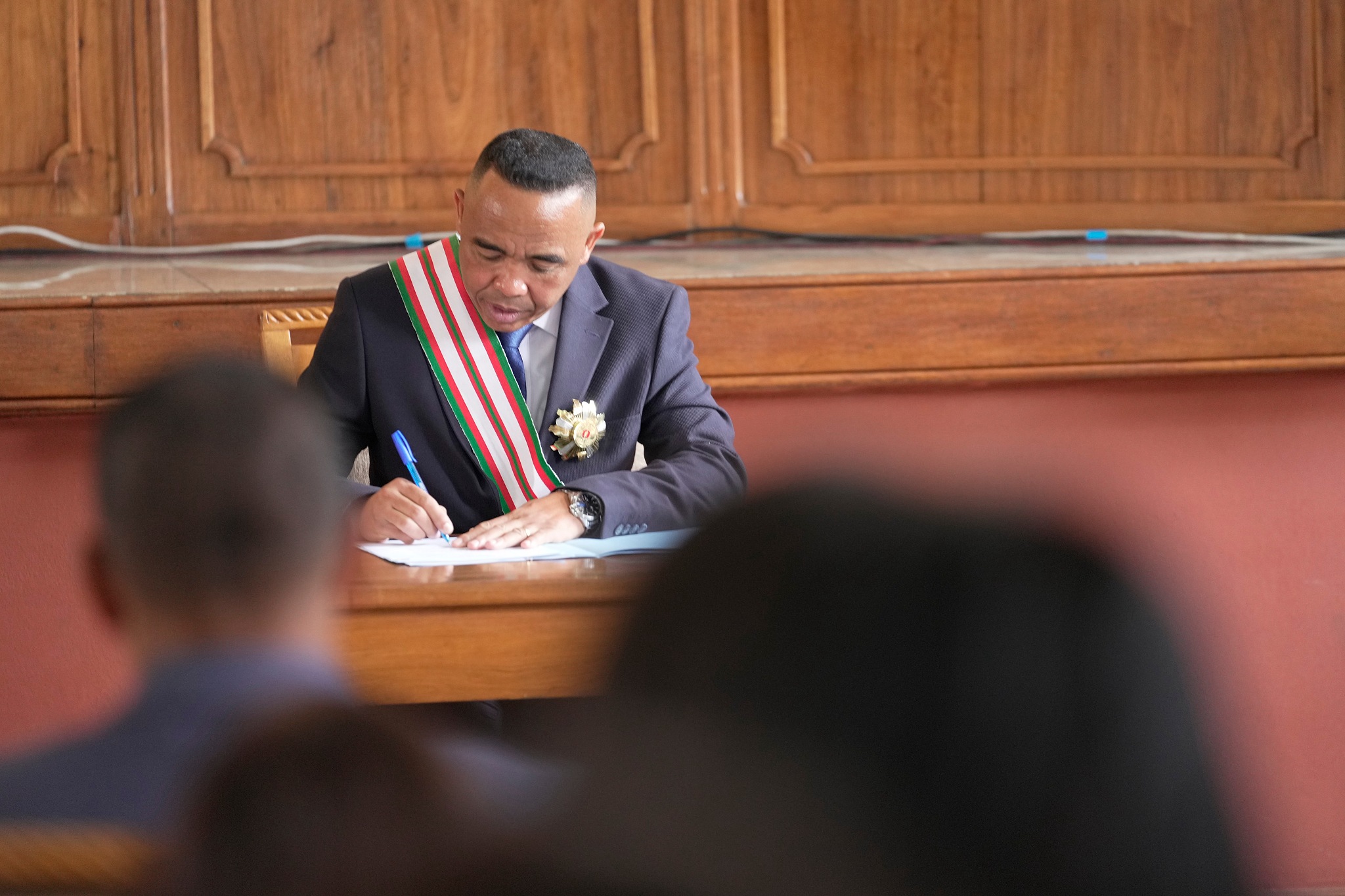
Nigeria hopes to tap mineral wealth amid COVID-19

Nigeria aims to have 50 mines in operation by 2023 and can make up for time lost because of the impact of COVID-19 on the development of the nascent sector, the country’s mining minister said in an interview.
“The pandemic has slowed things down, but we can still catch up,” Minister of Mines Olamilekan Adegbite said.
Africa’s largest oil producer is banking on mining to diversify its income and revive its finances following a collapse in crude prices, which earlier this year hit two-decade lows.
Nigeria hopes mining will grow tenfold in five years to account for 3% of the economy and that Nigeria can process as well as mine, which generates increased profits compared with shipping raw minerals.
In particular, he said Nigeria aimed to process barite, used in drilling for oil and gas and sell it to countries such as Ghana and South Africa, which need the mineral to exploit new oil discoveries.
In common with other African countries, Nigeria is also seeking to formalise artisanal mining, which could generate tax and royalties from gold.






